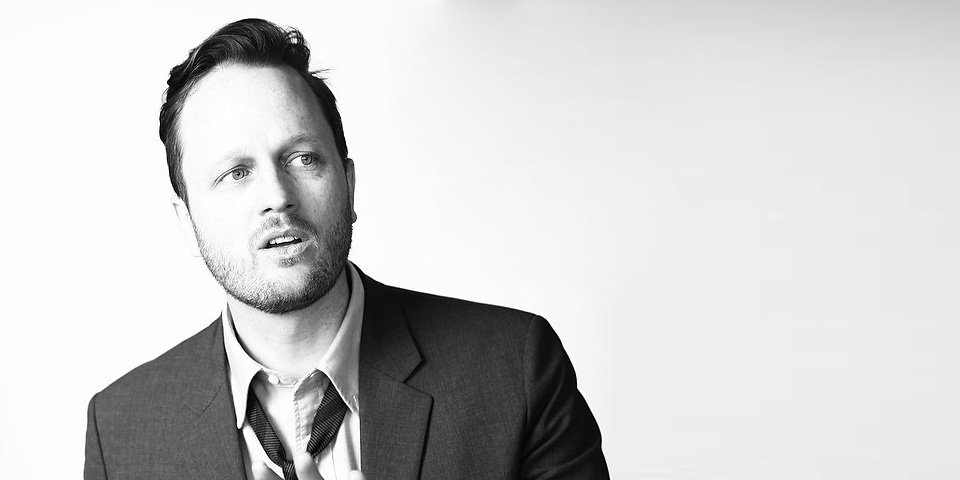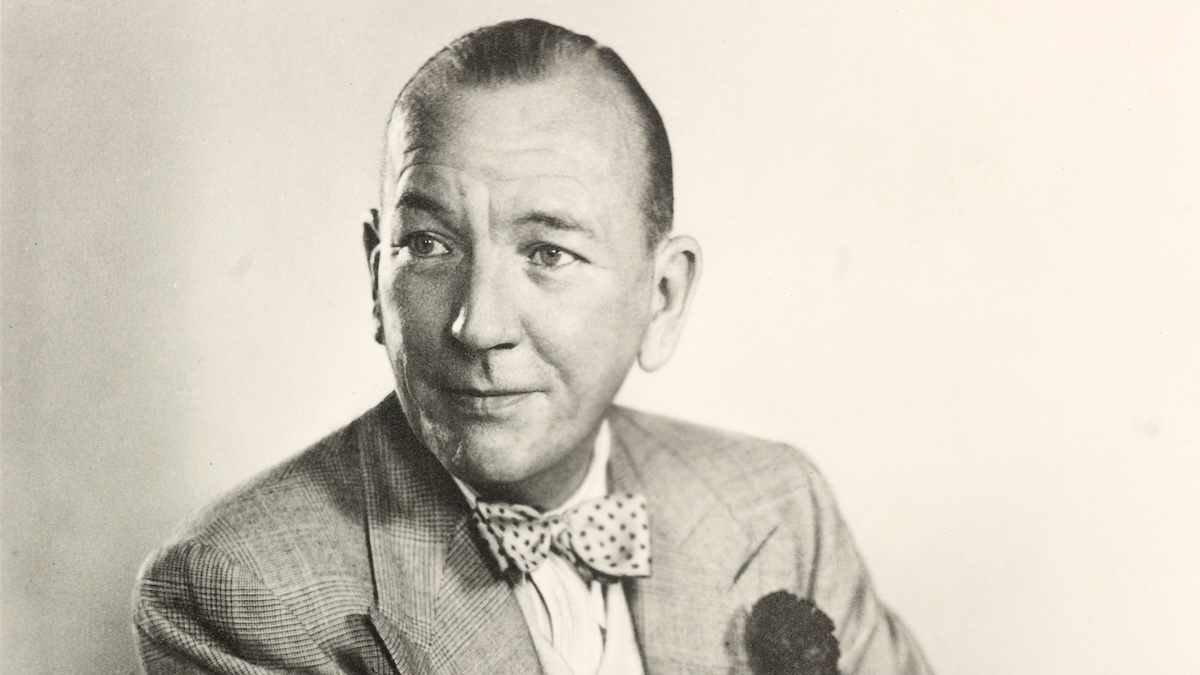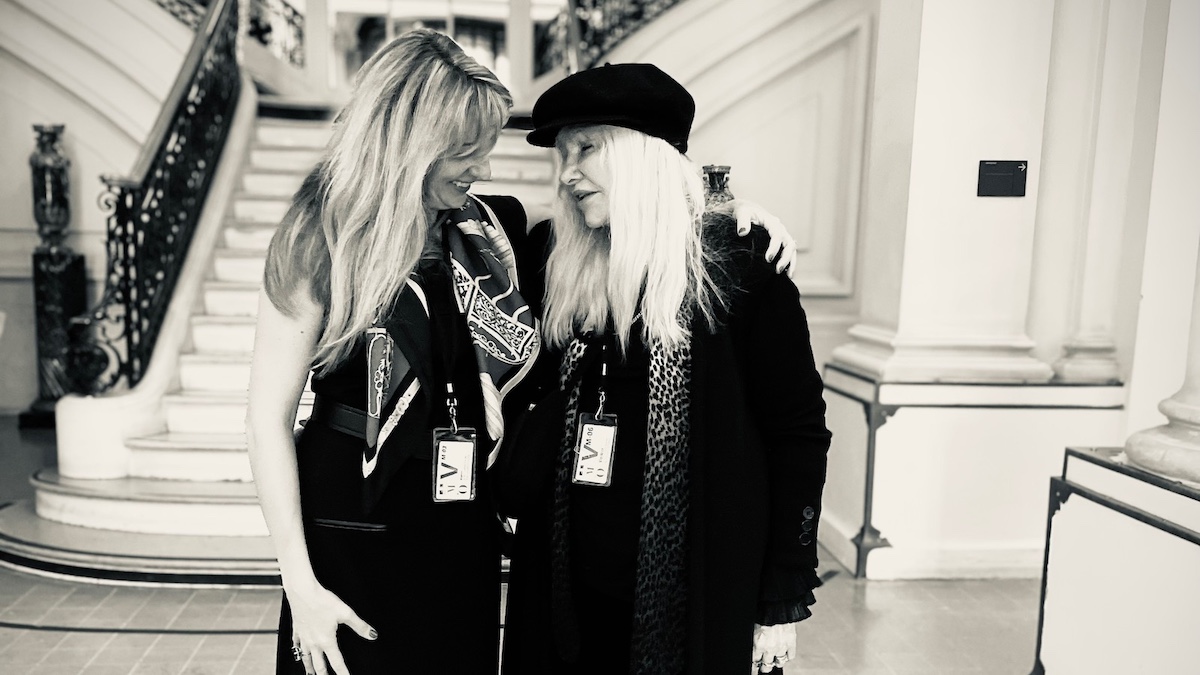
Todd Almond does everything. Composer, lyricist, playwright, actor, performer and producer, Todd has brought his multi-dimensional composition and writing to three musical adaptations of Shakespeare (for The Public Theater), five original musicals, a musical featuring Matthew Sweet’s hit record, “Girlfriend”, and now, a play.
(1) You’re a man of many hats: a writer, composer, arranger, and performer. Which of these roles was your first foray into theatre? And looking back at your experiences, is there a favorite “hat” that you wear?
My gateway drug to the Theatre (which I will capitalize out of respect) was as an accompanist for my high school choir. At the end of the school year when I was maybe a sophomore in high school, the choir teacher put on a VHS of Into the Woods and I was hooked. The other kids liked it enough, I guess, but they let go of it as soon as it was over. Not me. I watched it over and over and over. A lot of people working in Theatre have that exact same story. I always say I’m a Theatre artist, not a composer or playwright or actor or musical director, though I do all of those things. I’m just devoted to Theatre and my particular sub-obsession is music.
(2) Let’s talk about the first piece of theatre you ever experienced. What was it, and how did it affect you — both as an individual as well as an artist?
I remember seeing Oklahoma when I was young — the high school was performing it in the cafeteria (this is small-town Nebraska, here, we had no Theater space). I had never considered that this kind of thing could happen — people acting out a story and singing. That sounds overdramatic and untrue, but that’s how I remember it. It was like discovering alien life or something, it was that much of a mind-melt. I didn’t have the notion that I could potentially participate in this kind of thing (the way I would later with Into the Woods), but it cracked open a part of my brain which needed cracking open. As an artist, I’ve continued to feel like I’m discovering things I never knew existed on this planet, in this reality. I mean, other people know of these things, but not me. So, in a way, the world is always refreshing itself to me, it’s always new. Call me naive, maybe, I don’t know, but I love the life-long Easter egg hunt I seem to be on.
(3) When you set out to create a new piece, are there certain themes or subjects that hold an affinity for you? What do you like to explore in your writing?
I never know exactly what I’m writing about, thematically, until I’m deep into writing the thing. There are distinct phases in my method of development. At first I might just be getting a story down, or trying to capture a mood or sensation. And then my subconscious gets to work, tying together details or recurring ideas and suddenly I discover, “Oh, this is about LEGITIMACY,” for example, and then I can go back and rewrite with my LEGITIMACY lens on. I’m a rewriter, for sure. I suppose some part of my subconscious self knows exactly what I’m doing, but my conscious, keyboard-typing self needs to just sit and put words or music down before I can get slowed down by critical examination. It’s like playing dumb to yourself, and it’s so helpful. Just go, don’t ask questions yet. What do I like to explore in my writing? I like to explore the confessional, I’d say. I’ve never put that word to it before, but now that I look at it all, that seems to be a prevalent theme. People confessing and people hearing confessions. And then how they respond to each other. That is so terrifying to me, that moment of exposure. I come back to it over and over. My psychiatrist might have more to say on the subject, should you desire.
(4) You have a great history of collaboration with an array of playwrights and performers. What draws you to these collaborative projects and relationships?
I get excited about other peoples’ ideas, and I love to brainstorm, so collaborative Theatre is a natural fit for me. When someone suggests a great idea I always say Yes. I can’t help it. I have SO many private, solo, self-contained projects that I work on by myself, and these either eventually see the light of day or end up on the intellectual recycling pile, you know? I can and I do write alone, but I enjoy the two-headed approach as much, if not more. Some collaborators just tap into parts of you that you didn’t know you even had. I love that — again, it makes the world all new again. The best way to get unstuck is to take the conversation out of your own head and share it with a collaborator.
(5) Let’s move on to talk about some specific titles. Melancholy Play: a chamber musical is a musical version of the original play by Sarah Ruhl. How did you come to work with Sarah, and what was that process like?
Sarah and I had been long-time admirers of each other and each other’s work. She was the final “P” of the 13P writers’ collective, and she asked me to coffee to discuss a potential musical idea for her production. She had always wanted more music in Melancholy Play and I said that we should turn it into a sung-through musical (I may have said Opera). Anyway, she liked the idea and so I went away and did that. And we loved it. She’s a dream. We’ve worked together on a handful of projects now and I really consider her a lifelong collaborator, and by that I’m projecting into our future and insisting that we do more together. I love Sarah.
(6) Iowa is another collaboration piece, this time with Jenny Schwartz. How did the collaboration process differ between this musical and Melancholy Play? There are also two very different tones in these pieces; for those who aren’t as familiar, how would you explain them?
Iowa was an entirely different process. Jenny Schwartz showed me a few pages of a play she was working on and wondered if I had any interest in making it a musical. I loved what I read so much (and was already a huge fan of Jenny’s) that I said, guess what, Yes. Typically, one would, either with a collaborator or alone, sequester oneself to write. And then emerge, hair all wild and clothes not fitting right because you haven’t eaten in days, and, exhausted, hand over the art. But in THIS case, Jenny and I did the opposite: we only worked in the room with actors. We set up, through some amazing companies in NYC and on some vital writing retreats that let you bring actors, a series of workshops. We would hang out with the actors and read and reread what we had, even if it was only two pages. And so sometimes rehearsal would be an hour or two, instead of six or eight. We relied on inspiration striking the moment. Then the next day we’d have maybe one more line of dialogue or some new character idea or a draft of a song and we’d read what we had read yesterday and then this new thing. As you can imagine, this was a slow and sometimes tedious process, but it did lead us down paths we couldn’t have predicted. The piece revealed itself in completely unpredictable ways. I loved it. And I think this process helped make the piece so singular and not at all the same tone as Melancholy Play. Iowa is absurd and about people who cannot connect, no matter how badly they may want to. Melancholy Play is about people who can’t HELP but connect, deeply. Iowa is about isolation, Melancholy Play is about bonding.
(7) One of your latest projects is Girlfriend, based on Matthew Sweet’s album. Do yo
u recall when you first heard the album? And, did you know from the first listen that this record would become so important in your career?
I remember buying the album Girlfriend at the mall in Lincoln, Nebraska. My family used to drive there every year (I’m from the other side of Nebraska, nearly an eight-hour drive away) for the high school state basketball tournament. So, perhaps you would have guessed, the tournament didn’t hold THAT much excitement for me, and so I found myself taking advantage of being in a more metropolitan area than where I was from, and finding music and seeing movies and, once, attending this crazy musical called Les Miserables, which was on tour. I went alone. And, obviously, my mind was blown. But as for Girlfriend, I remember that I had seen the video on 120 Minutes and I thought it was cool — but I also remember knowing that this guy Matthew Sweet was from Nebraska. And that was a real mind-warper for me. That someone from Nebraska had made a cool alternative rock album that you could buy in the store and it was packaged like all of the other albums in the store. I played it on my Discman with my headphones and immediately fell in love. I listened over and over and I remember I made my dad play it over the van speakers on the drive home. He is an equitable man, my dad, he let us play an album each on the ride home. I relished this moment. I didn’t know the album would figure into my future career, but I did know it would be mine forever.
(8) Let’s dig more into Girlfriend. What is the process of creating a book around an already existing album?
It’s fun to find the bread crumbs in an album. By bread crumbs I mean themes and images and emotions that repeat or just make up the unique DNA of the album. And they don’t have to be big bold underlined sung-in-the-chorus kind of bread crumbs. They can be small references. Passing. So the process for me is to find those bread crumbs. Then, what I do, is bury those bread crumbs in the script of the musical to help give it a similar DNA to the album. For example, there is a reference in a song on the album Girlfriend about being blind from the sun. And so I put a million little references in Girlfriend the musical about not being able to see something, or wondering if the sun will come back up, etc. The idea of sun-blindness just became a strand in the piece for me, and the trick was, at least for my taste, not to point to these references too obviously. And what I always say about Girlfriend (the musical) is that I don’t see it as the OFFICIAL interpretation of the album. It’s simply my interaction with the album, and I find that kind of relationship interesting (listener to album). I like music to exist in characters’ worlds, because music is such a strong element of MY world. It was natural for me to write two characters who love this album, because I love this album, and I wanted to express that. People have a strong relationship to those songs, and I would never want to speak on their behalf, but I would hope that they would enjoy hearing about my experience. That’s not to say the show is autobiographical. Largely, it’s not. Emotionally, yes, but plot-wise, no.
(9) You have historically been a creator of musical theatre. Described as a “love letter” to your alma mater, The Earth is Flat is your first foray into writing a straight play. What inspired the decision? Also, what do you want an audience to take away from the show?
The Earth is Flat was a commission from my alma mater. Brant Russell (a professor there) started a playwriting conference and I was the inaugural playwright in residence. The idea was to write a play that the students would workshop for a week. So I thought it would be a great opportunity to write a play where the characters were actually the ages of the young actors, and so here is this play that has no characters over, you know, twenty-one or twenty-two years old. Thinking about college students while I was writing made me think about college — that’s such a specific emotional minefield and the source material just bubbled right up. I happened to be really interested in the conspiracy theory about the Earth’s being flat at the time (I don’t believe the Earth is flat, I just LOVE people who are certain of giant ideas like that. I guess you could say conspiracy theorists, though now conspiracy theorists have really taken their beliefs to such high levels of office in the country that I don’t find it so adorable anymore), and so I wove that idea into a story of young people grappling with what I remember being a major issue in college: Identity. I remember trying out all of these different personalities in college, maybe because I felt free to be someone new but I didn’t yet know how to just be myself. What do I want people to take away from the play? I guess what I always want: just the encounter with others who may not be so different from ourselves. That confessional thing. I hesitate to moralize or to teach or to demand in my plays/musicals. I feel most successful when I’m able to present a story or situation that is complete and I think worthy of contemplation. The Earth is Flat presents a young man who has to overcome some struggles in his life while he’s trying to figure out who he is. I find in my own life that I need other people, and that friends, mentors, and collaborators have lifted me up beyond where I could get myself, in so many, many ways. Ultimately, The Earth is Flat is the portrait of a (best) friendship forming. I’m eternally grateful to my friends for forcing me to become me. That’s what I want people to take away. Gratitude for the people who shaped them.
(10) What can we expect next from you?
Oh, I have a lot on the horizon. A recording of my musical Kansas City Choir Boy is in the works, and Lear deBessonet and me are deep into a new musical project that you might just be seeing soon. I wish I could say more about it now, but I can’t. I’ve been enjoying a return to acting in other people’s shows. So look for me up on the stage. Surprise, I’m right behind you.
To learn more about Todd, to license his plays and buy the scripts, click here.

Noël Coward’s Travels

Kate Chopin in New Orleans: Mother-Daughter Author Duo Collaborate on Historical Book

